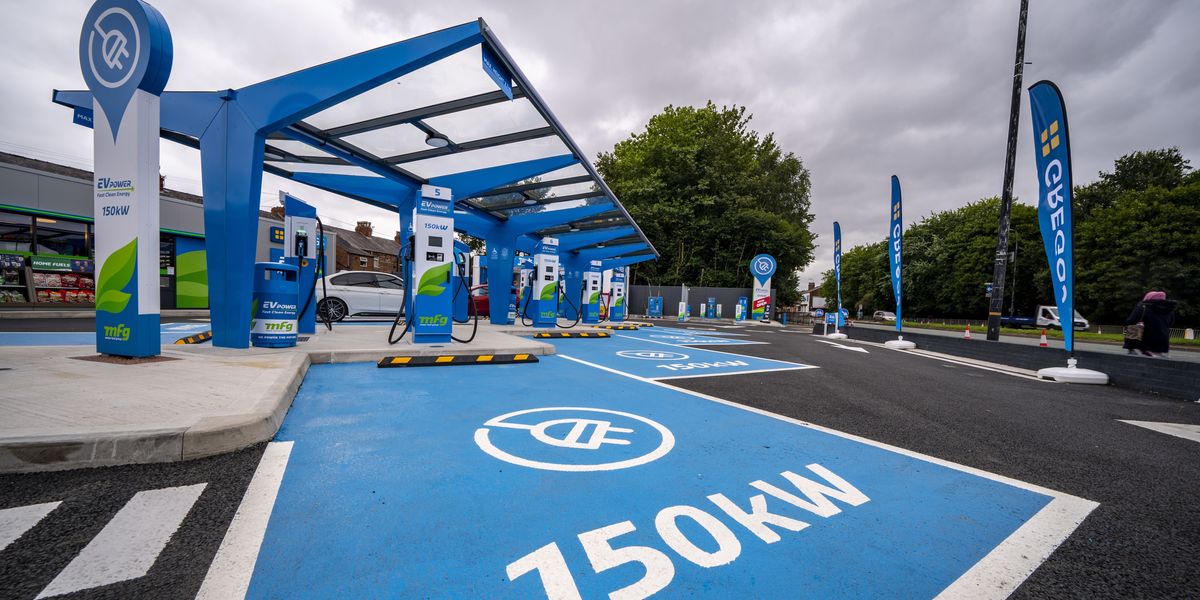Rachel Reeves is considering a major hike to capital gains tax (CGT) as the Chancellor’s plans are in “complete disarray”, according to senior Whitehall officials.
She is considering rates as high as 39 per cent in an attempt to find money to fund public services across the country.
The Treasury is testing out new rates between 33 per cent and 39 per cent for CGT, which is paid by approximately 350,000 of the tax-paying population.
The tax is imposed on the sale of assets, such as second homes, stocks and bonds.
Consequently, ahead of the Chancellor’s budget, senior officials across Whitehall have expressed increased apprehension
PA Media
The financial think tank the Institute for Fiscal Studies has said that there is a fiscal hole as large as £25billion.
Consequently, ahead of the Chancellor’s budget, senior officials across Whitehall have expressed increased apprehension.
One claimed the plans ahead of the budget are in “complete disarray”, according to the Guardian, while another said: “Some very big tax decisions are being left until very late in the day.”
However, another source disputed these claims and they did not wish to comment on “pure speculation” on tax ahead of the Budget on October 30.
LATEST DEVELOPMENTS:
The Prime Minister and the Chancellor have promised to not put up taxes on “working people”, which Reeves has defined as “working people are people who go out to work”
PA Media
While they have ruled out rises in national insurance, income tax and VAT, senior Labour figures have dodged questions on capital gains tax.
Keir Starmer and his Cabinet were bombarded with tax questions after Labour would not commit to zero tax rises, even during the General Election campaign.
Still, the Prime Minister and the Chancellor have consistently promised to not put up taxes on “working people”, which Reeves has defined as “working people are people who go out to work”.
Currently, individuals pay 24 per cent on capital gains from second homes, 18-28 per cent gains on investment funds and 20 per cent on gains from assets.
Officials have warned the Chancellor that other potential plans which target non-doms and private equity bosses might not raise any money at all and could even cost the Government the country’s wealthiest figures.
On Wednesday, Starmer failed to rule out Labour plans on levying national insurance on employers’ pension contributions.
While the IFS has estimated that doing so would raise approximately £17billion a year, other economists have warned that the hike might cause “unintended consequences”, such as increased wage bills.
Meanwhile, other experts have highlighted that raising CGT without wider reform of the system could fail in the long term in raising revenue.










